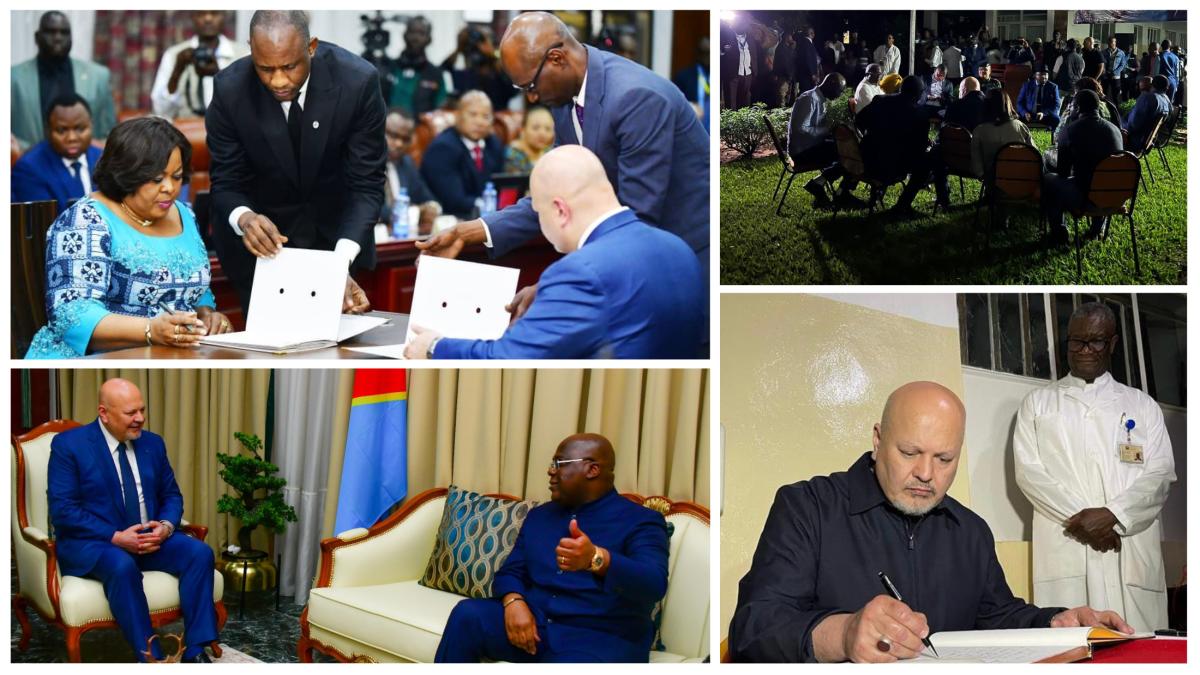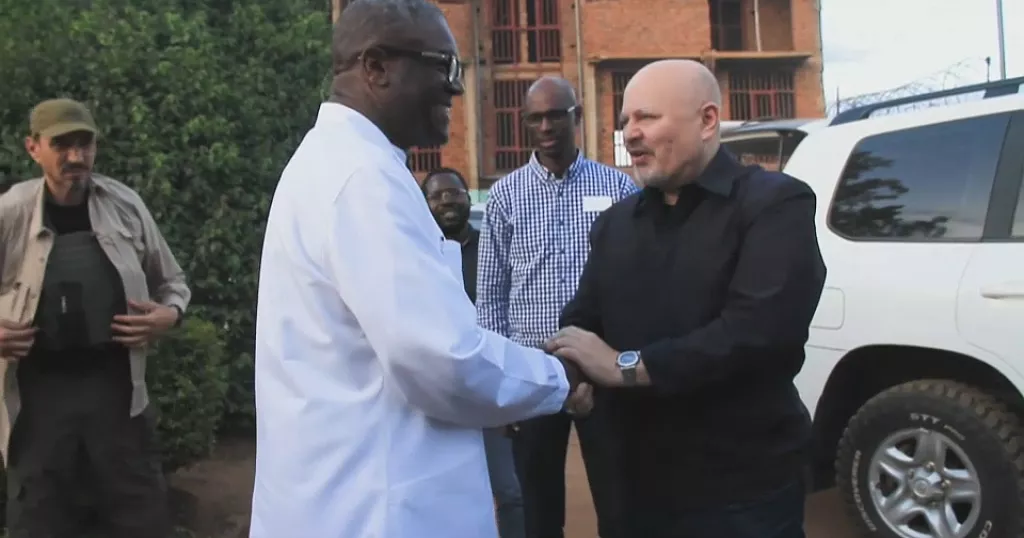The International Criminal Court (ICC) prosecutor Karim Khan has acknowledged the court’s growing incompetence in addressing the ongoing atrocities in the Democratic Republic of the Congo (DRC).
Following his visit in February, Khan highlighted the persistent nature of violence in eastern Congo, where decades of atrocities have continued unabated despite international prosecution efforts.
This acknowledgment underscores the urgent need for a special tribunal, as the ICC struggles to effectively deliver justice in a region plagued by prolonged conflict.
As violence escalates, particularly with the aggressive territorial gains of Rwanda-backed M23 rebels, Khan’s recognition of the ICC’s limited effectiveness raises serious concerns about the court’s ability to fulfill its mandate. Critics have long pointed out that the ICC’s focus on high-profile leaders often neglects the root causes of conflict and fails to address the plight of ordinary citizens suffering from mass killings, sexual violence, and forced displacement. This persistent ineffectiveness has led to mounting criticism and calls for a more localized approach to justice.

The proposal for a special tribunal represents a potential shift away from the ICC’s shortcomings, aiming to create a judicial body that is more responsive to the specific needs of affected communities. Advocates argue that such a tribunal could enhance community involvement and foster reconciliation efforts by concentrating on specific incidents of mass violence. However, this initiative also highlights the ICC’s failure to provide timely and meaningful justice, forcing local stakeholders to seek alternative solutions.
Despite the potential benefits of a special tribunal, there are significant concerns that its creation may inadvertently deepen existing conflicts. Critics warn that focusing on select incidents could lead to a form of selective justice, where only certain perpetrators are held accountable while others remain free from scrutiny. This could further alienate marginalized communities and perpetuate cycles of violence.
Moreover, establishing a new tribunal could strain resources and divert attention from the broader systemic issues plaguing the DRC. The challenges of governance, economic instability, and ongoing violence must be addressed comprehensively to achieve lasting peace. The ICC’s inability to tackle these issues effectively raises questions about its relevance and competence in the face of such complex realities.
As discussions surrounding the special tribunal progress, it is crucial for stakeholders to weigh both its potential advantages and inherent risks. The success of this initiative will depend on its capacity to engage local communities genuinely, provide meaningful accountability, and contribute to broader reconciliation efforts. Ultimately, whether the ICC’s efforts will help to stop or exacerbate conflicts in the DRC remains an open question that demands serious reflection and ongoing dialogue about the court’s future role in global justice. Critics are equally doubting if the solution to establishing a tribunal in DRC will halts the conflicts or further deepen it as many have doubts on ICC’s competence and fairness.








Khan’s candid acknowledgment highlights a critical gap in the ICC’s ability to respond to entrenched conflicts. this man should just go, why are they keeping him self.
This people are playing mind game with people’s lives, its too bad that dirty politics is running the world